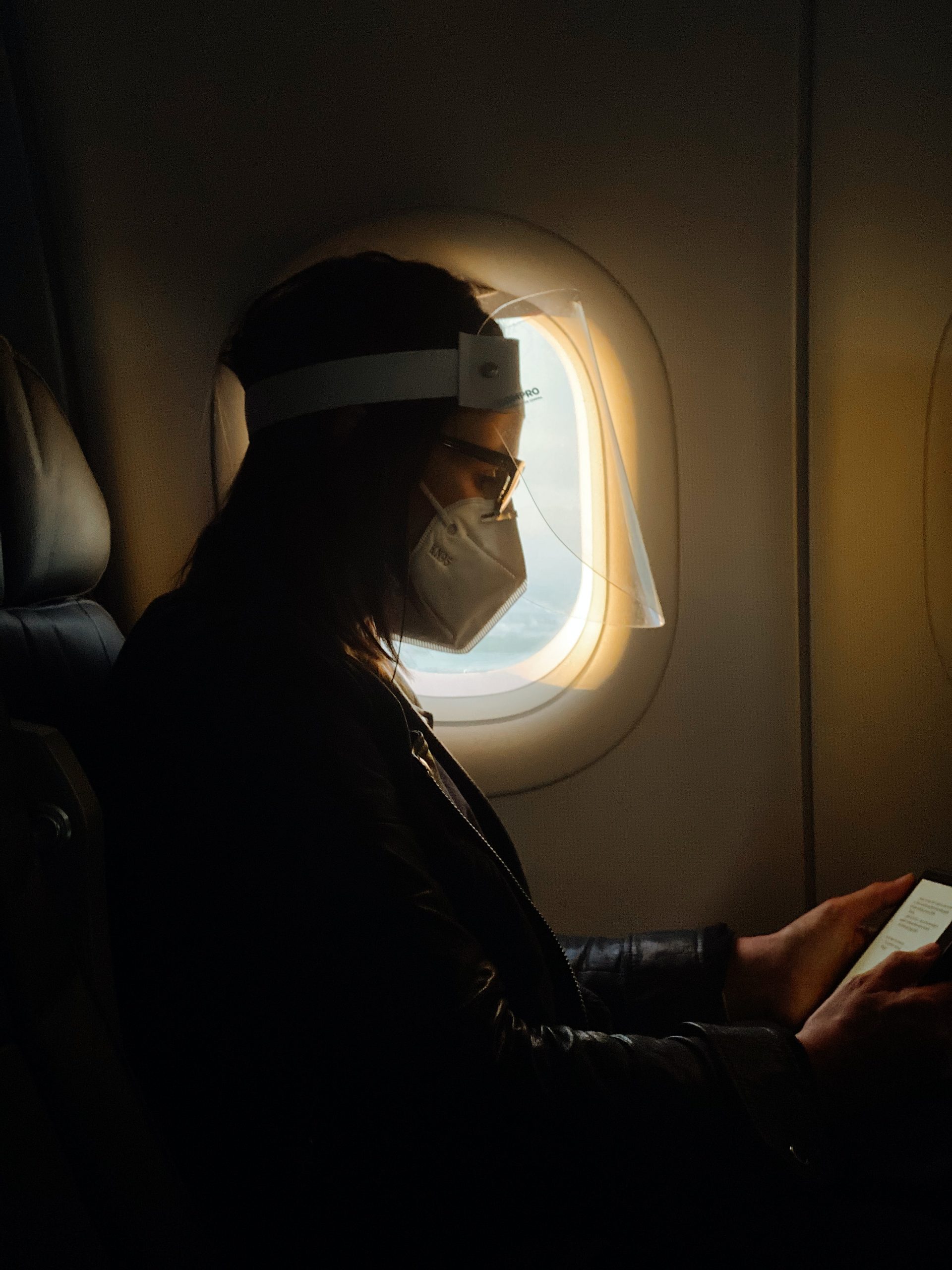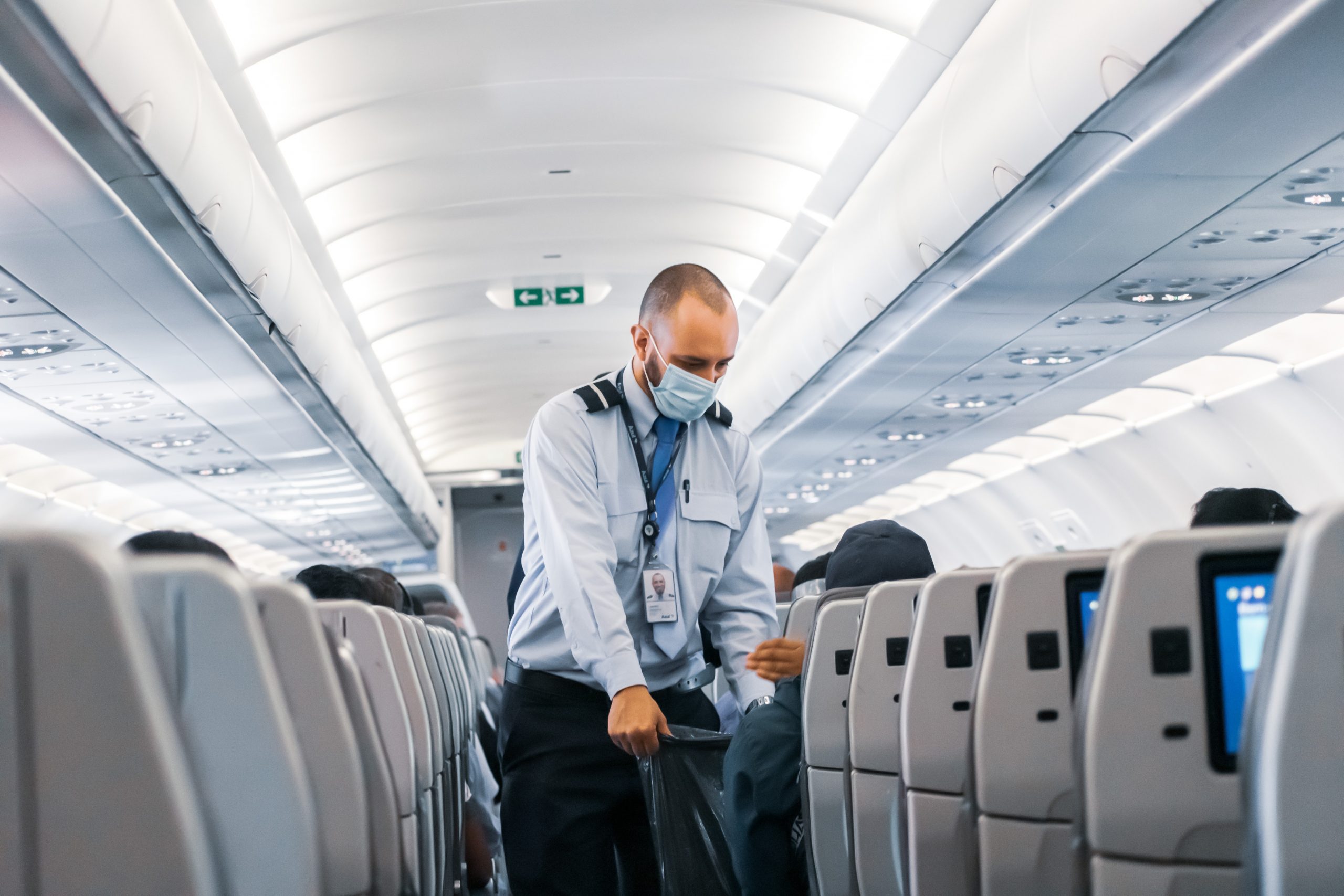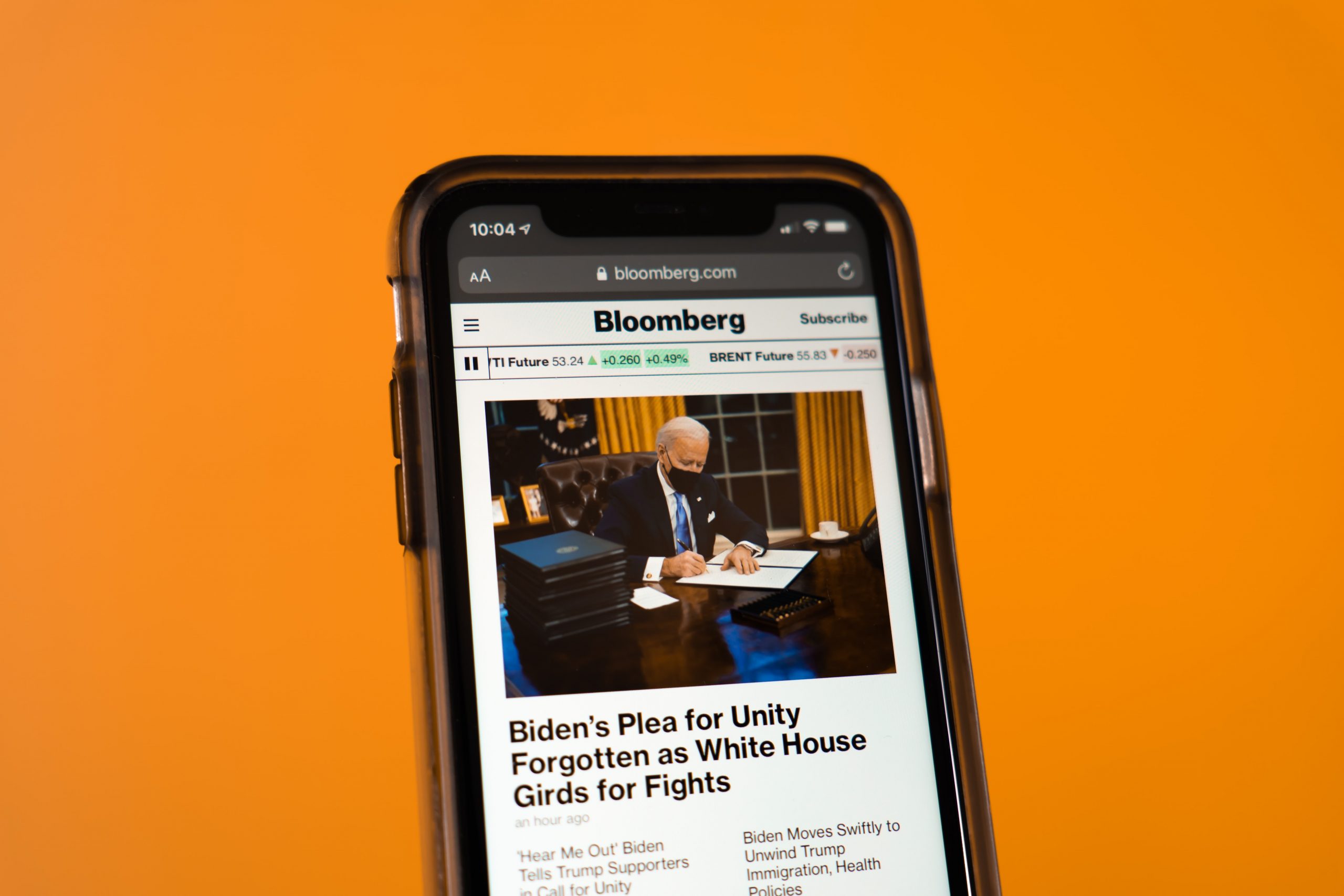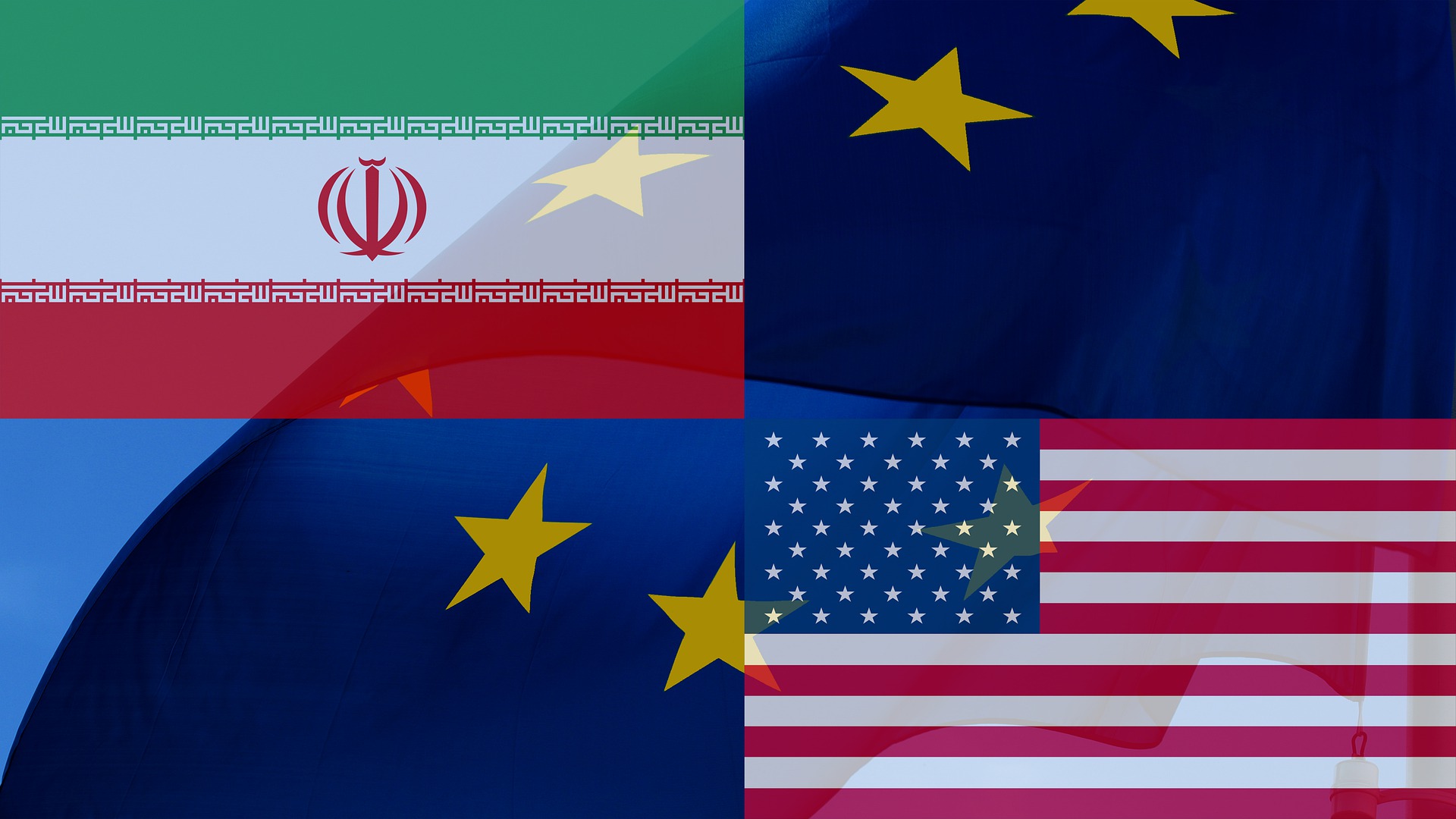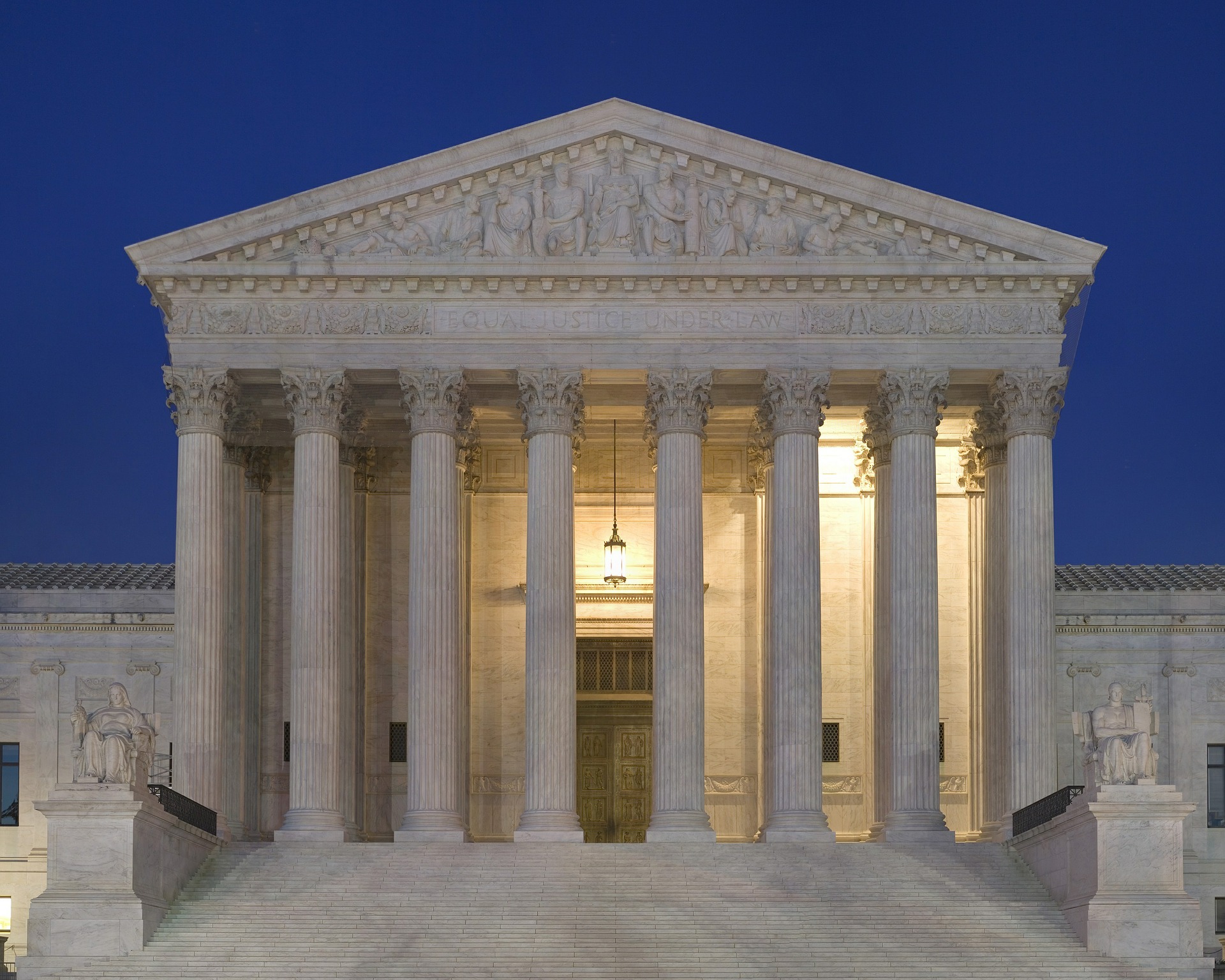
We have very interesting and exciting news to report to our readers. We are happy to report that on Tuesday, October 5, 2021, a federal judge from the United States District Court for the District of Columbia, declared that the State Department cannot use the various geographic COVID-19 related Presidential Proclamations to cease the processing of visas at Embassies and Consulates worldwide.
As our readers will know, beginning in January of 2020, to protect against the rise of COVID-19 infections in the United States, the President issued a series of Presidential Proclamations that suspended and restricted entry into the United States, of immigrants and nonimmigrants, who were physically present within the Schengen Area, Brazil, China, the United Kingdom, Ireland, and Iran, during the 14-day period preceding their entry or attempted entry into the United States.
These Presidential Proclamations did not have a termination date and have continued to be in force to the present day. The most widely discussed ban (the Schengen visa ban “Proclamation 9993,”) applied to immigrants and nonimmigrants from 26 European countries including: Austria, Belgium, Czech Republic, Denmark, Estonia, Finland, France, Germany, Greece, Hungary, Iceland, Italy, Latvia, Liechtenstein, Lithuania, Luxembourg, Malta, Netherlands, Norway, Poland, Portugal, Slovakia, Slovenia, Spain, Sweden, and Switzerland. However separate visa bans have also impacted the entry of Brazilian nationals, Chinese nationals, Iranian nationals, and Indian nationals (see the list of COVID-19 travel bans listed below.)
Since the issuance of these travel bans, U.S. Consulates and Embassies worldwide have refused to issue any visas to those who do not otherwise qualify for an exemption and have been physically present in any of the affected regions during the 14-day period preceding their entry into the United States. The only way applicants have succeeded in pushing their cases forward has been by requesting a National Interest Exception from their respective Embassy.
The COVID-19 related travel bans are as follows:
- China Visa Ban – Proclamation 9984 issued January 21, 2020 – No termination date
- Iran Visa Ban –Proclamation 9992 issued February 29, 2020 –No termination date
- European Schengen Area Visa Ban—Proclamation 9993 issued March 11, 2020—No termination date
- Ireland and UK Visa Ban –Proclamation 9996 issued March 14, 2020 –No termination date
- India Visa Ban –Proclamation 10199 issued April 30, 2021—No termination date
- Brazil Visa Ban—Proclamation 10041 issued May 25, 2020 –No termination date
For a complete list of COVID-19 country-specific proclamations click here.
Continue reading
 A new article published in the New York Times reveals the 43 countries that are reportedly included in President Trump’s new travel ban, expected to be released by executive order on Friday March 21st.
A new article published in the New York Times reveals the 43 countries that are reportedly included in President Trump’s new travel ban, expected to be released by executive order on Friday March 21st. Visa Lawyer Blog
Visa Lawyer Blog




